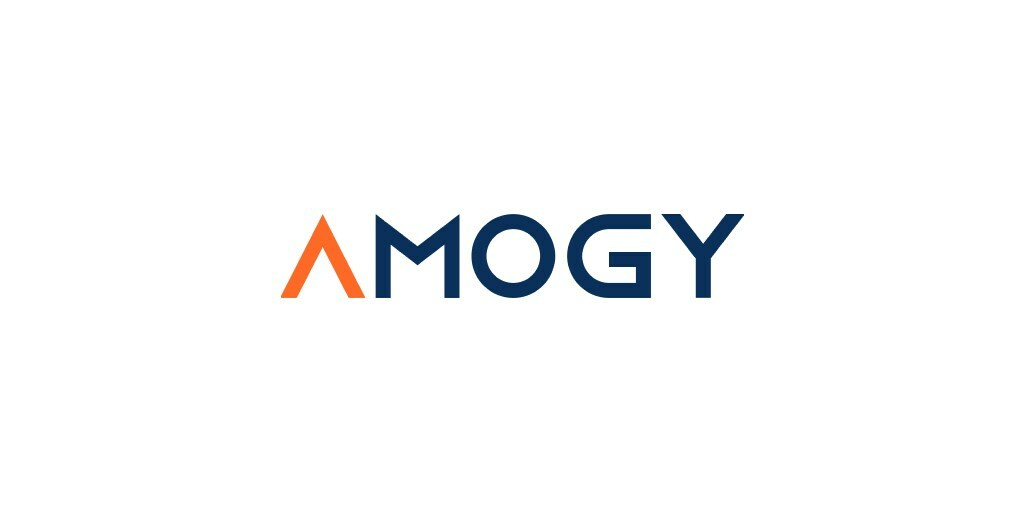Amogy Accelerates Commercialization of Ammonia Cracking Catalyst in Partnership with JGC
First Pilot Plant Deployment of Amogy’s Low Ruthenium Content Catalyst Marks Milestone in Scaling Ammonia Cracking for Clean Hydrogen Production
NEW YORK–(BUSINESS WIRE)–Amogy, a provider of mature, scalable, and efficient ammonia-to-power solutions, today announced the first pilot plant deployment of its advanced ammonia cracking catalyst with JGC Holdings Corporation (JGC), a global engineering company headquartered in Japan. This agreement is a key component of a pilot project designed to advance large-scale ammonia cracking technology for low-carbon hydrogen production. The milestone underscores ammonia’s expanding role as a crucial enabler of the global hydrogen economy.
JGC selected Amogy’s low ruthenium content catalyst for use in its ammonia cracking demonstration project as part of its participation in a broader initiative by the New Energy and Industrial Technology Development Organization (NEDO) to establish a competitive hydrogen supply chain. In addition to supplying the catalyst, Amogy will provide support to ensure optimal performance and reliability in large-scale operations.
The project aims to develop and optimize a large-scale hydrogen production system utilizing ammonia cracking technology. While small-scale ammonia cracking technologies have been commercialized, expanding energy efficient processes remains a challenge. This initiative seeks to bridge that gap by advancing component technologies and system optimization. Working alongside partners, JGC will lead the design and development of the large-scale ammonia cracking system.
“This first pilot plant deployment of our ammonia cracking catalyst represents a major achievement for Amogy and a breakthrough for the hydrogen industry,” said Seonghoon Woo, CEO and co-founder of Amogy. “We are proud to contribute to this pioneering project and play a crucial role in the advancement of large-scale hydrogen production using ammonia as a carrier. Our catalyst technology will help improve the efficiency and cost-effectiveness of ammonia cracking, a key component in building a competitive hydrogen supply chain.”
“Large scale ammonia cracking technology is one of the last elements to be developed and commercialized to realize clean hydrogen-ammonia supply chain globally at industrial scale,” said Masahiro Aika, Executive Vice President and Technology Commercialization Officer of JGC Holdings. “We are excited to collaborate with Amogy to improve JGC’s ammonia cracking process by utilizing Amogy’s low ruthenium content catalysts.”
Amogy’s portfolio of ammonia cracking catalysts, including both precious-metal-based and base-metal-based formulations, provides highly efficient ammonia conversion into hydrogen. These catalysts deliver significantly higher activity compared to other commercial offerings, enabling increased hydrogen production rates at much lower operating temperatures. Available through licensing or direct sales, Amogy’s catalysts provide a scalable and reliable solution to meet the diverse needs of the clean energy sector.
By 2030, the JGC project aims to enable the large-scale deployment of hydrogen production from ammonia, aligning with Japan’s national strategy to accelerate the adoption of hydrogen as a key energy source. This initiative underscores the growing global commitment to leveraging ammonia as a practical and efficient hydrogen carrier, paving the way for a more sustainable energy future.
About Amogy
Amogy provides carbon-free energy solutions to decarbonize hard-to-abate sectors like maritime shipping, power generation, and heavy industry. Proven in real-world applications, its patented ammonia cracking technology offers a mature, scalable, and highly efficient method for splitting ammonia into hydrogen and nitrogen. The resulting hydrogen is directed into an integrated fuel cell or hydrogen engine, generating high-performance power with zero carbon emissions.
Amogy is headquartered in Brooklyn, New York, with additional locations including Texas, South Korea, Norway, and Singapore. Amogy is backed by investors including Amazon’s Climate Pledge Fund, SK Innovation, Aramco Ventures, Mitsubishi Corporation, Samsung Heavy Industries, BHP Ventures, and AP Ventures. For more information, follow Amogy on LinkedIn, X, Instagram, Threads, Facebook, and YouTube, or visit www.amogy.co.
About JGC
JGC group operates Engineering, Procurement and Construction businesses for plants and facilities in a variety of regions throughout the world. JGC Group targets the realization of an “environmentally conscious society” and the improvement of “energy access” as important issues (materiality) to be addressed as a JGC group. We are working on a wide range of initiatives to expand the use of hydrogen which does not emit CO2 during combustion, and ammonia, which is expected to be the most promising hydrogen energy carrier in the hydrogen transportation from the viewpoint of economic efficiency and safety.
For more information, please visit https://www.jgc.com/en/.
Contacts
Media
amogy@marketbridge.com




